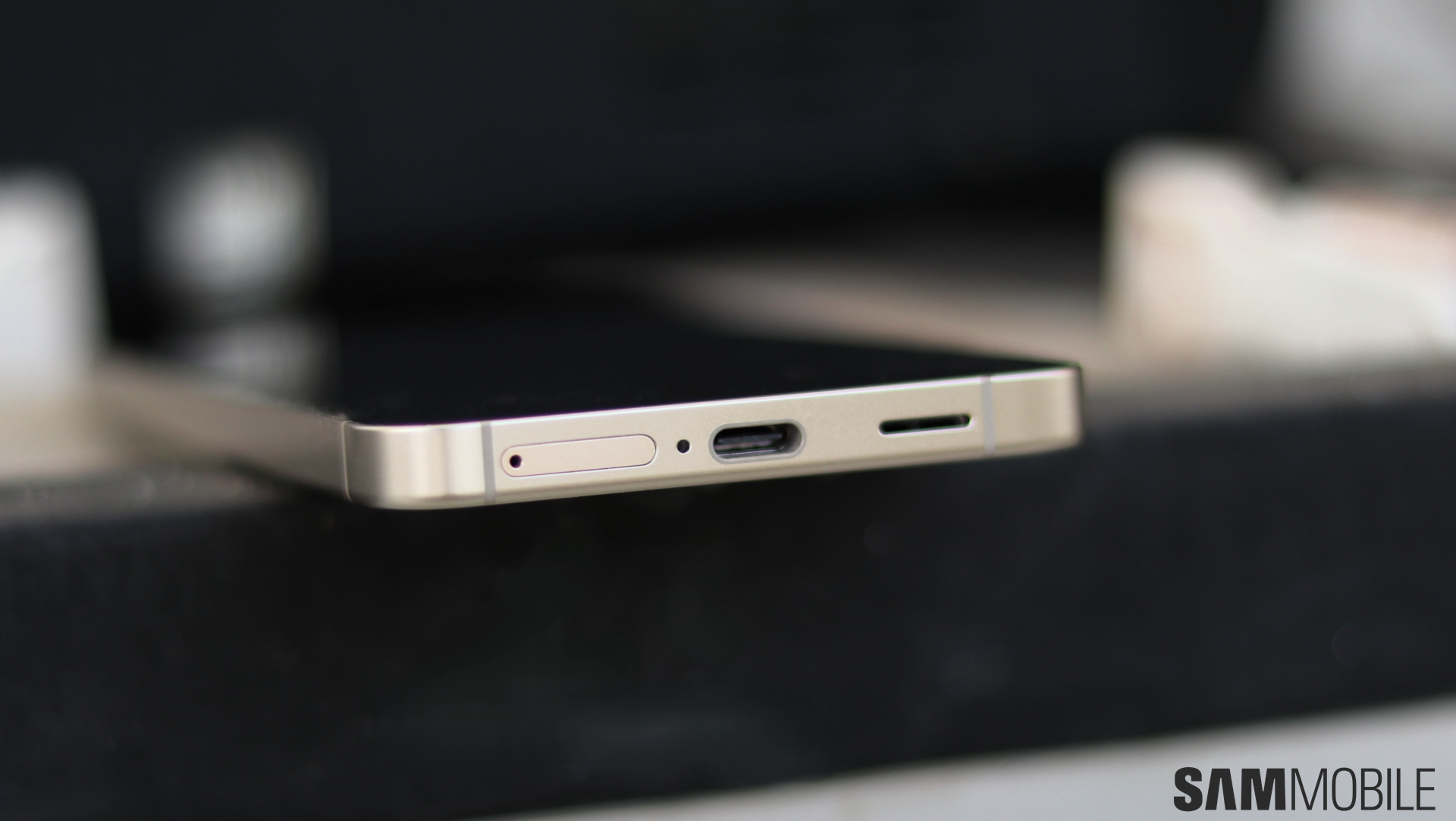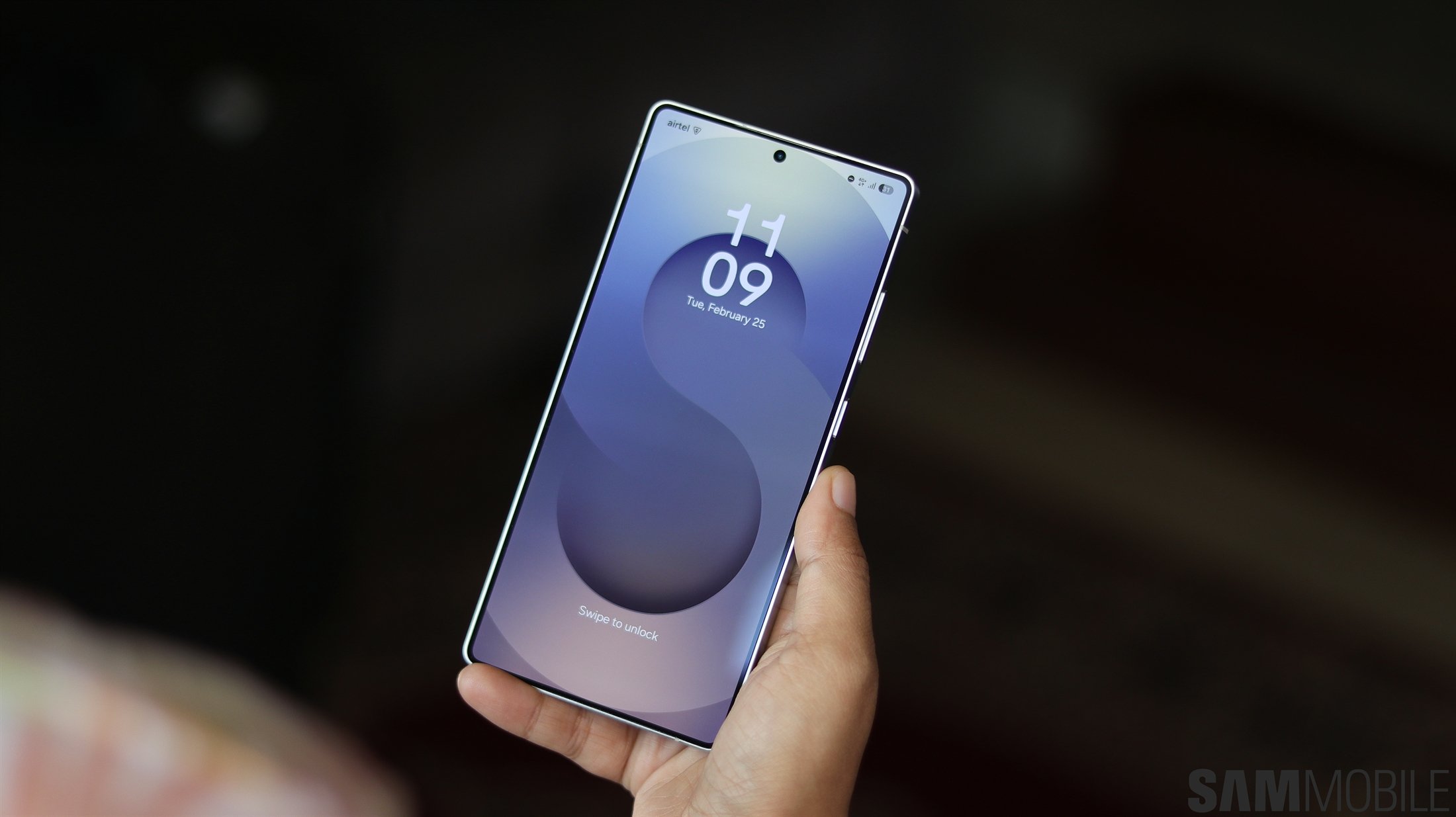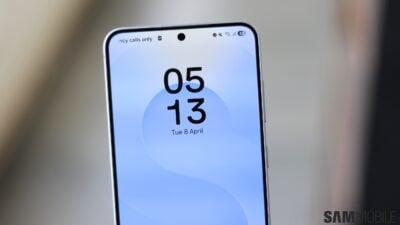
US chip designer Qualcomm will reportedly push the upcoming Snapdragon 8 Gen 4 chip into production in the 2nd half of 2024. It's an upgrade over the ongoing Snapdragon 8 Gen 3 chip, likely boasting better AI processing, and Samsung is among the main Qualcomm clients expected to use the next-gen SoC in their devices. In Samsung's case, the chip should debut alongside the upcoming Galaxy S25 series in early 2025.
The bad news is that the Snapdragon 8 Gen 4's tech advancements might lead to higher costs, which could translate into a price hike for upcoming phones — Galaxy S25 included.
According to a recent prediction from industry watcher Ming-Chi Kuo (via PhoneArena), Qualcomm might increase the cost of the Snapdragon 8 Gen 4 by 25-30% compared to the Gen 3 solution.
Could Samsung's own Exynos chips come to the rescue?
The Snapdragon 8 Gen 4 will be manufactured on the 3nm N3E process by TSMC, the same advanced manufacturing process used to create Apple's A18 Pro chip.
This shift will supposedly cause the Snapdragon 8 Gen 4 to be 25-30% more expensive than the Snapdragon 8 Gen 3. The latter costs around $190-$200, which means the upcoming Snapdragon 8 Gen 4 might cost as much as $260.
This predicted price hike for the Snapdragon 8 Gen 4 is out of Samsung's hands, but in theory, the company has a few options to tackle the issue.
The least likely is that Samsung will suffer the extra costs of the newer chip and wont increase the S25's price. Alternatively, the company could cut corners in other areas, like battery, display, or build quality, to make up for the chip's higher cost.
Another option for Samsung could be to use a new in-house Exynos silicon across the entire Galaxy S25 lineup and free itself from Qualcomm's production costs burden — assuming that the Exynos 2500 won't also be pricier. Either way, this strategy could backfire and result in lower S25 sales if S-flagship customers haven't warmed up enough to the idea that Exynos is a better chip today than two years ago.
An earlier report said the Galaxy S25 series might not go the Exynos-exclusive route next year after all. Samsung could split the lineup between Exynos 2500 and Snapdragon 8 Gen 4 chips, so an all-Exynos flagship series doesn't seem likely as of this writing.
It's hard to tell what will happen a few months down the line, but perhaps the more likely outcome is that Samsung will increase the launch price of the upcoming Galaxy S25 phones to compensate for Qualcomm's higher production costs.
Story continues after the video…
The Snapdragon 8 Gen 4 will be fabricated through TSMC's most advanced process and should bring performance gains to CPU, GPU, and NPU (AI processing).
The rise of AI features backed by increasingly powerful mobile chips will hopefully make up for these possible price increases for premium smartphone models. Samsung introduced Galaxy AI earlier this year and is expected to add to and improve the system with every new flagship generation moving forward.
Nevertheless, many Generative AI features are also language-restricted, and at least some customers might feel like higher prices won't be worth all the trouble to make AI more capable than it is.
















